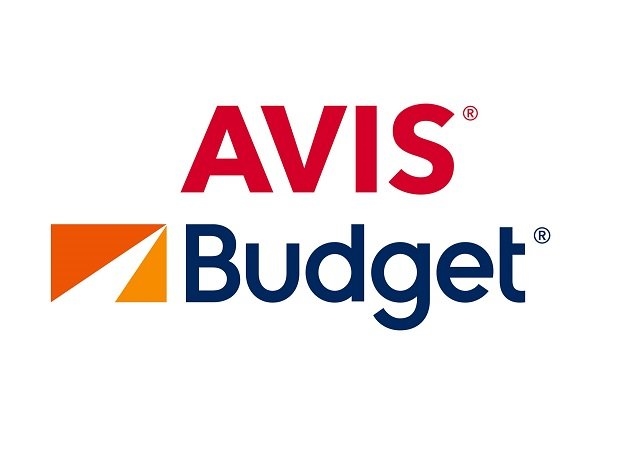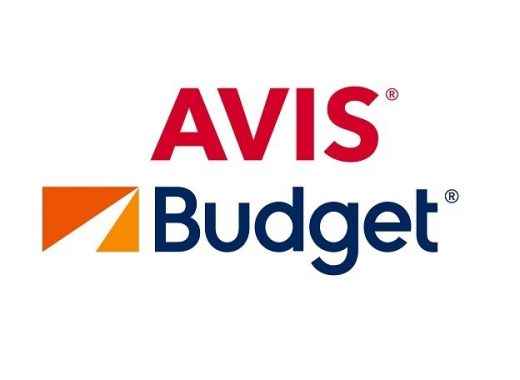Avis Finds Surprising Opportunity With Performance Data, Analytics During COVID-19
Avis Finds Surprising Opportunity With Performance Data, Analytics During COVID-19

Avis Budget Group, under the guidance of Alex Sutton III, director of digital acquisition, managed to leverage analytics and performance data to pivot into a surprising opportunity during COVID-19.
“The bottom fell out of our businesses across travel, as states shut down, businesses went remote, and most of America stopped traveling,” Sutton said during the Search & Performance Insider Summit, which streamed online, during Day One.
“The bottom fell out as a result of the pandemic… . People stopped searching for travel,” Sutton continued. “Safety and safety protocols became top of mind in most states, even those still planning to travel.”
Avis Budget Group Health and Safety Coalition made a pledge promise and announced partnerships with Lysol and ABG Medical Advisory Council, and began communicating the pledge and the promise across all media channels.
“We began testing the copy, and on average saw a lift of about 98% better click-through rates,” he said. “We got clicks from searches on branded and non-branded copy.”
Sutton’s team hypothesized once people started searching for travel they had already done the risk calculations and began looking for good rates. Safety became a prime concern, but then a whole set of other priorities kicked in later.
Avis Budget Group also ran out of home campaign with safety messages that performed well. It helped bring people in who were on the fence when it came to rentals.
A lot of the rental business disappeared, but an unexpected opportunity emerge, car sales.
Like most categories, Avis Car Sales took a big hit in April, one of the biggest car sales months as the pandemic initially hit. New car sales weren’t happening because the states were shutdown. Ford, Chrysler and others manufacturing facilities shutdown, which increased used car demand.
In June, Hertz announced bankruptcy, and it increased interest in the used car category. Hertz, which is usually a small fraction of monthly website visits, eclipsed anything in the category. Not only Avis is competing against Hertz inventory, which just came into the market, but also others like Carvana.
The challenge was to figure out how to capture demand without a budget. To beat out competitors, it came down to a surge in keyword strategy.
Industry practices focuses on branded search keywords, used car, location, and then make and model. Avis’s strategy at the time didn’t look much different than the rest of the industry. The company has a lot of cars for sale, but not across many makes and models. And they’re mostly newer models.
“We tried adding makes and models to search accounts,” he said. “We got better, but not great results.”
For people looking to rent a car in a specific locations, Avis switched to Dynamic Search Ads (DSA) and negated all branded keywords and leveraged above average page links and structures across different locations such as “car rental near me” terms. They did the same for car sales.
Results worked well, quickly. “We saw about three to four times our previous impression shares for generics, overall,” he said. “We didn’t have a lot of makes and models that were searchable and indexable. Our cost per clicks fell to about a quarter of what we had before. Our conversion rates rose about double by tapping into the right audiences, and bounce rates fell about 25%.”
DSA became a new way to explore keywords. Sutton said it taught the team how to shape, customize, and test keywords and campaigns more efficiently. It was new for the agency as well. He even had to push the agency to try it.
It also taught Sutton more about consumer behavior and uncertainty.
(15)


